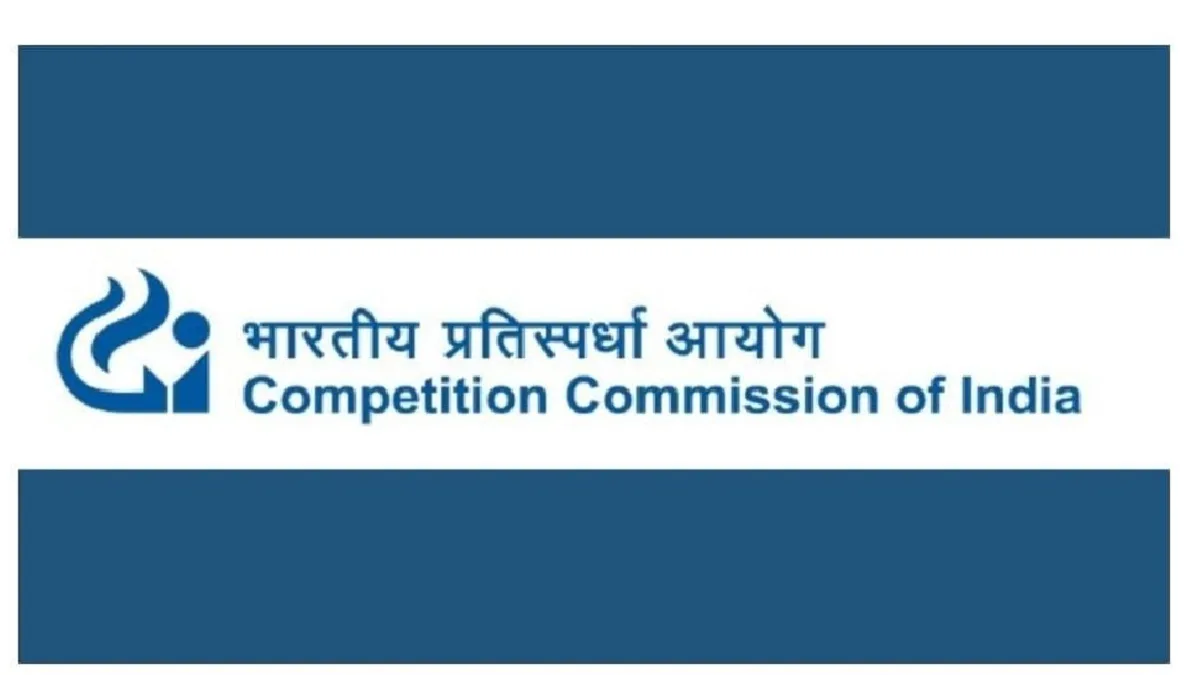New Delhi. The layers of a large ‘cartel’ are open in the country’s book trade. The Competition Commission of India (CCI) has exposed an organized game in supply and pricing of books and journalists, which has been found to be included in the country’s famous organization Federation of Publishers and Booksellers Association in India (FPBAI). The CCI said in its order that FPBAI made rules to benefit some selected books, causing damage to the rest of the traders and customers. CCI found it against competition and against the interests of small traders. The CCI has ordered FPBAI to stop FPBAI from such activities on the petition of a publisher Pranab Gupta and recommended action against responsible persons. Also, 2 lakh 56 thousand 649 rupees on FPBAI and three of its officials (Pradeep Arora 1 lakh, SC Sethi 1 lakh 76 thousand 305 and Prashant Jain 1 lakh) have been fined for unfair business activities.
What is the matter?
Delhi publisher Pranab Gupta complained to CCI that FPBAI was a currency conversion rate through one of its sub-group “GOC”
Decides. Especially for the price of foreign books, the price of dollars, euros like euro was intentionally fixed in the rupee, which was 3-5% higher than the rate fixed by the Reserve Bank. These rates were reported every month and most traders were forced to accept them. Apart from this, FPBAI also set a limit for book sales exemption. Also, there were indirect warnings against the suppliers who are not members of FPBAI – only in government libraries, only FPBAI related sellers used to get orders.
What was the effect?
The traders who used to buy books from abroad used to sell books at higher rates of GOC. But those who were about to buy books – like schools, colleges and library – used to say that we will accept the real rate of RBI. In such a situation, the small businessman was harmed, he used to buy expensive and was forced to sell cheaply.
What was the investigation?
The CCI found in the investigation that the foreign exchange rates announced by GOC were 3% higher than the RBI. These rates affected the final value of the books. Many vendors said in the testimony that they were clearly said that if the GOC rates were not adopted, the membership could be canceled. In February 2021, the CCI asked FPBAI to stay away from discount determination, but despite this, the guidelines related to the discounts were available on some websites, which the FPBAI controlled or belonged to it. The “list of approved vendors” continued by GOC, causing indirect discrimination in the market against non-members.
Only 10% traders benefit
Investigation revealed that only 10% of the members (who ask for books from abroad) were benefiting from this entire system. The remaining 90% had to suffer losses. Some members of FPBAI themselves also believe that they suffered losses from this system, but the organization did nothing.
This was the answer to FPBAI
FPBAI said that their rates were just as suggestions, no one used to force. He said that this was an old tradition, which made business easily. He also said that no member was punished and many libraries themselves adopt GOC rates.
Decision and impact
The CCI said that whether it is suggestion or not, if the market is being considered as such a big organization and the rest of the traders are suffering losses, then it is illegal. This is a price fixing of pricing and it ends competition. This system not only caused damage to vendors, but also increased the cost of libraries and institutions. The CCI has ordered FPBAI to stop from such activities and recommend action along with fines on responsible persons.
What will be the effect?
This decision will affect the country’s book industry of more than 90000 crore. Now small companies will get an opportunity to equal, and the practice of ‘fixing rate’ by big institutions will be stopped.










